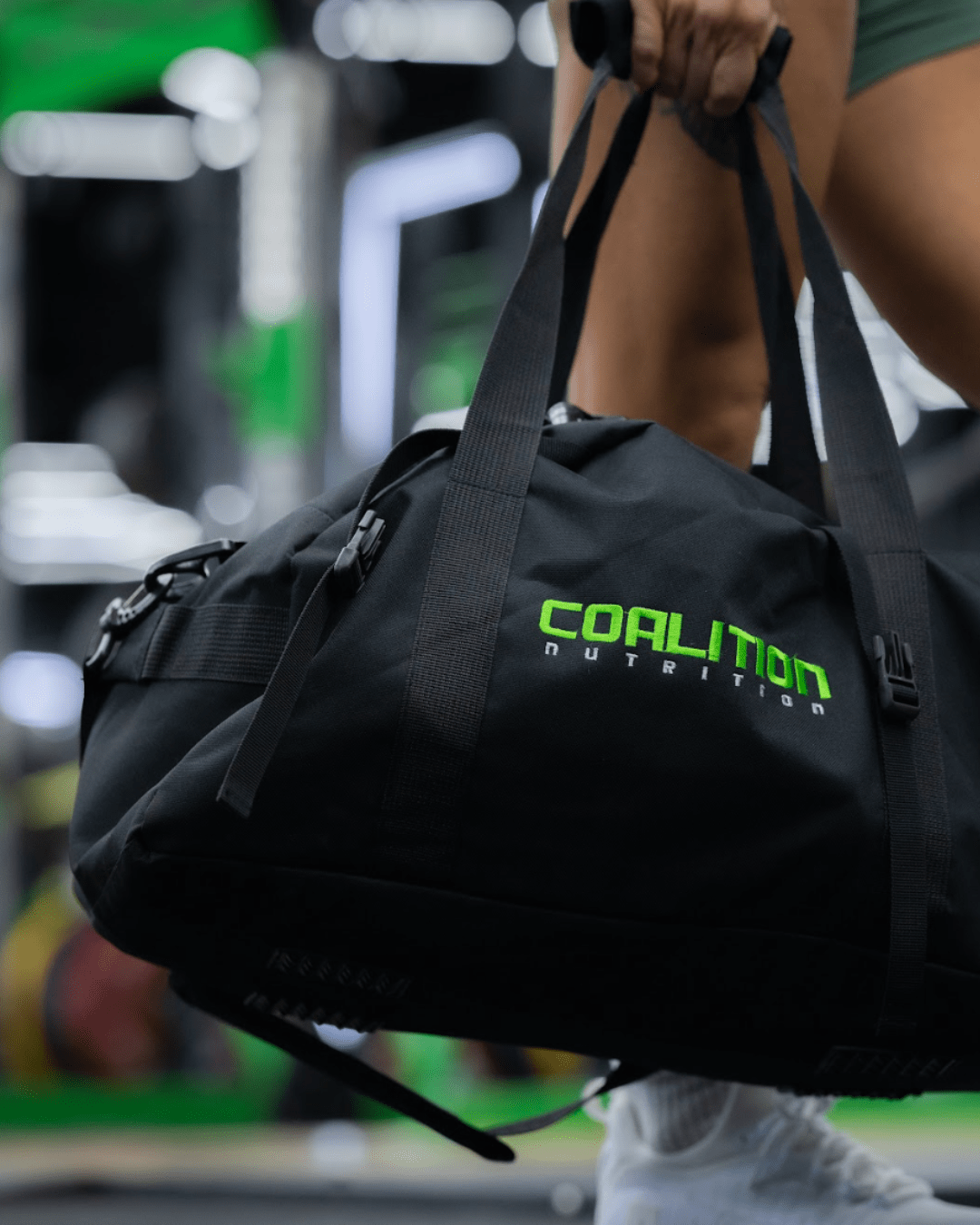Picking a carbohydrate supplement shouldn't be difficult, but marketing can clutter the decision.
Dextrose
Dextrose is essentially glucose—a simple, monosaccharide that is chemically identical to the primary sugar circulating in your bloodstream. Because of its high glycemic index, dextrose is rapidly absorbed, providing an immediate burst of energy and quickly replenishing depleted glycogen stores. This quick action makes it particularly useful for post-workout recovery. However, that same rapid absorption also causes sharp spikes in blood sugar and insulin levels, which may not be ideal for everyone depending on their overall nutrition and training strategy.
Fructose
Fructose is another simple sugar, naturally found in fruits, honey, and some vegetables. Unlike dextrose, fructose is processed primarily by the liver. The liver converts fructose into glucose or stores it as fat, meaning that it doesn’t offer an immediate surge of energy like dextrose does. With a lower glycemic index, fructose produces a milder insulin response. Still, when consumed in excess—especially in supplement form—it can contribute to unwanted metabolic effects, such as increased triglyceride levels or even liver strain. Therefore, while fructose is a naturally occurring carbohydrate, it’s typically less effective than dextrose for immediate energy needs during high-intensity workouts.
Highly Branched Cyclic Dextrin (HBCD)
Highly branched cyclic dextrin, sometimes referred to as Cluster Dextrin, is a more advanced carbohydrate that’s derived from amylopectin. Its unique cyclic and highly branched structure gives it a very high molecular weight yet low osmolarity. This means that HBCD is rapidly cleared from the stomach and provides a sustained, steady release of energy over time—ideal for fueling long or intense workouts without causing gastrointestinal discomfort. Unlike dextrose, it avoids sharp insulin spikes, helping to maintain more balanced energy levels throughout your training session. This steady energy delivery makes HBCD particularly popular among endurance athletes and those who need intra-workout carbohydrate support.
In Summary
-
Dextrose is great for rapid glycogen replenishment and immediate energy, making it a favorite post-workout, but it can cause quick spikes in blood sugar and insulin.
-
Fructose offers a milder, more sustained energy release due to its liver-centric metabolism, though it isn’t as effective for immediate workout needs and may have metabolic drawbacks if overconsumed.
-
HBCD provides a balanced, sustained energy boost during exercise with minimal insulin response and low gastrointestinal stress—ideal for those seeking long-duration performance benefits.

